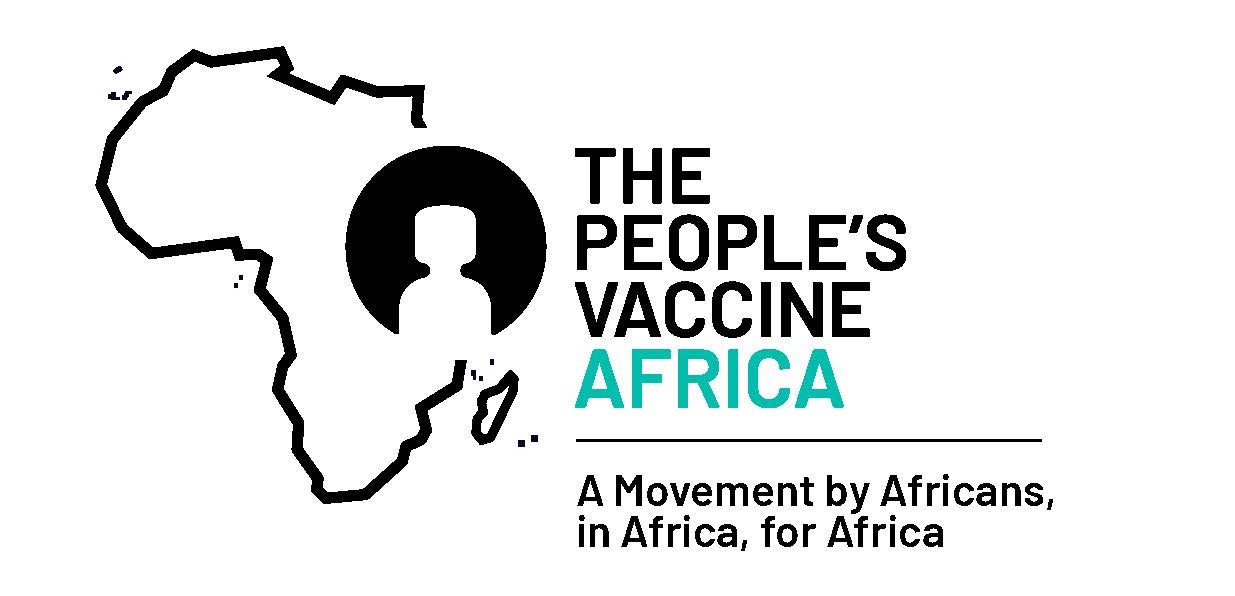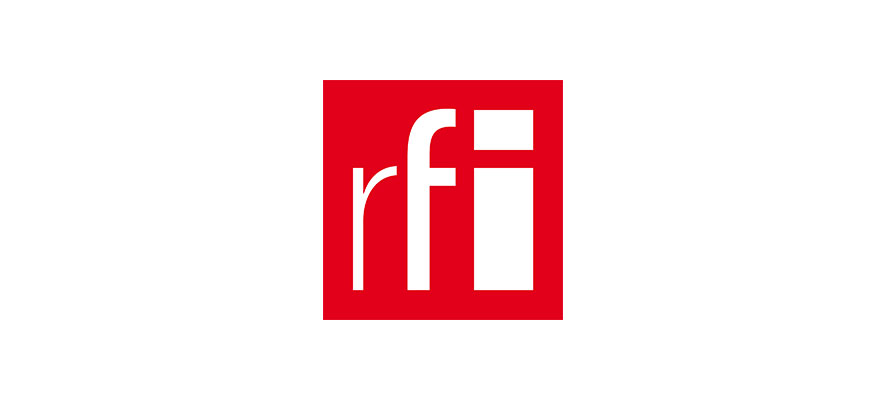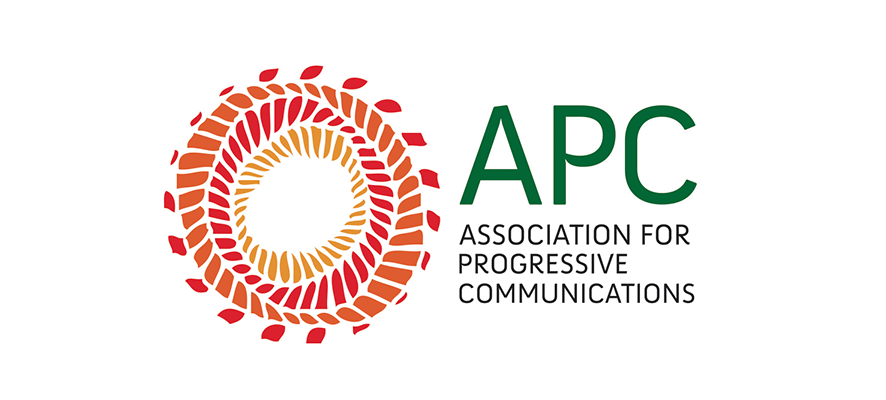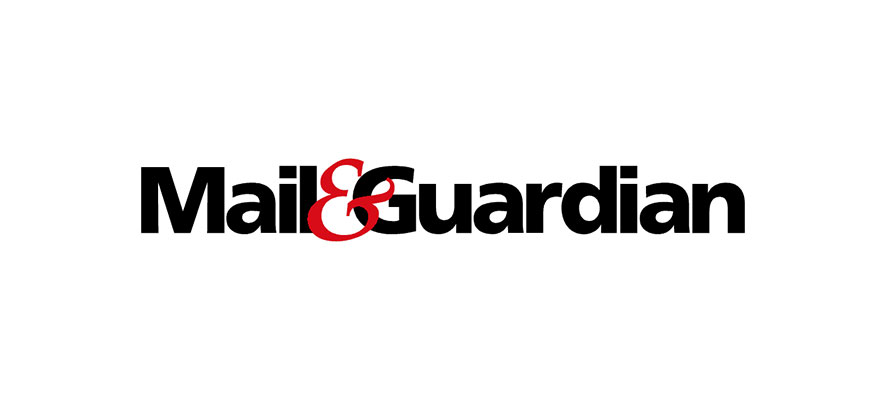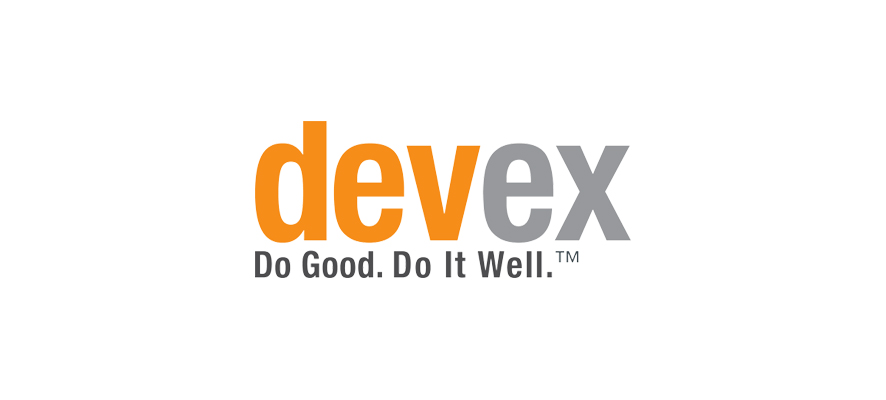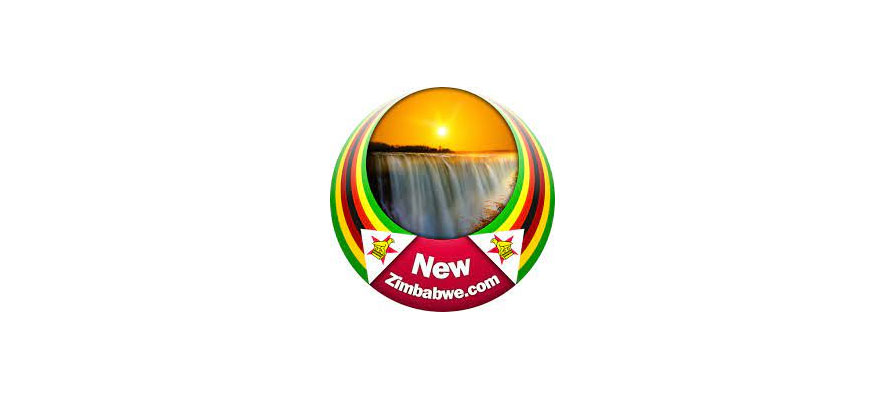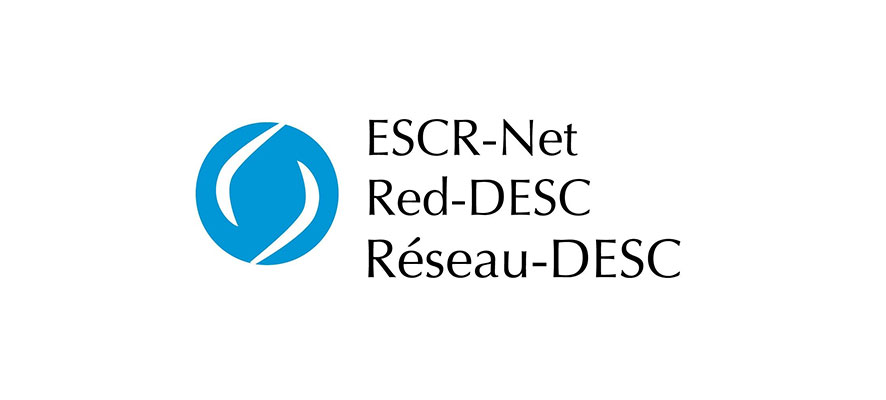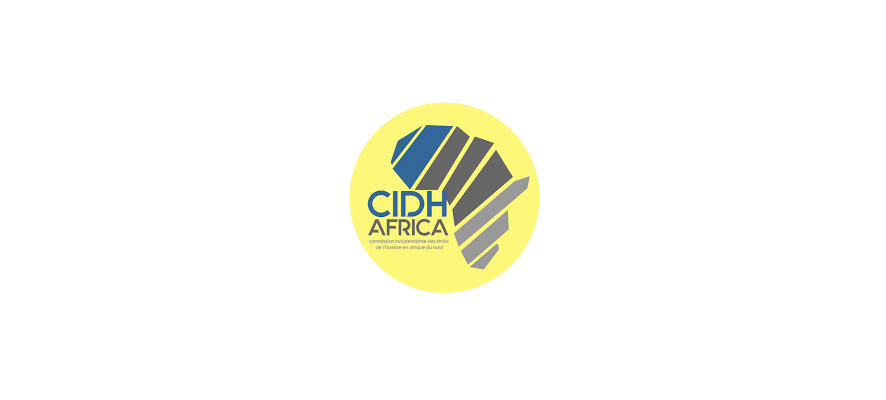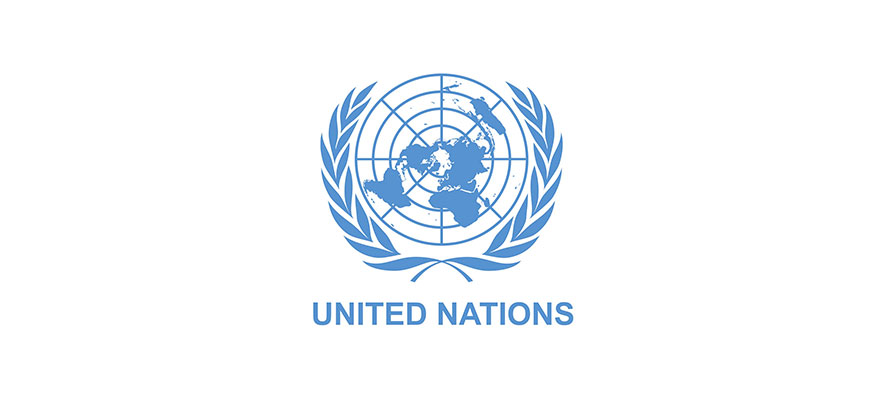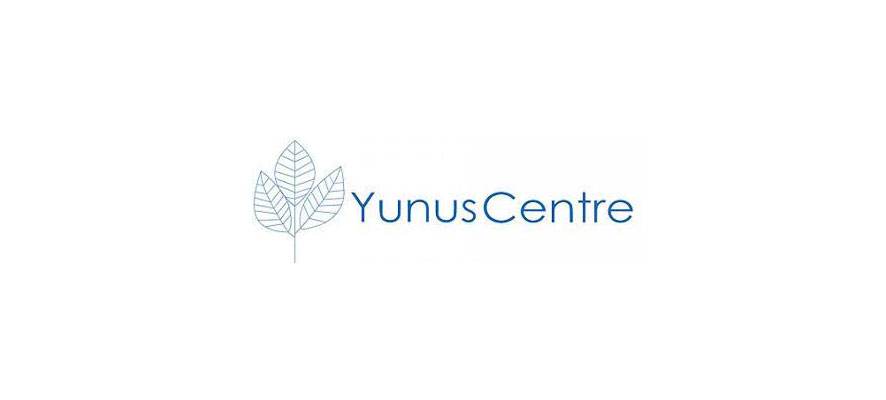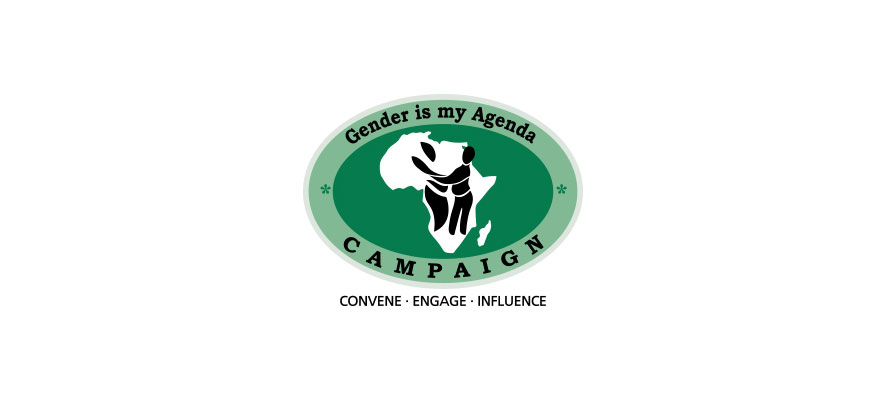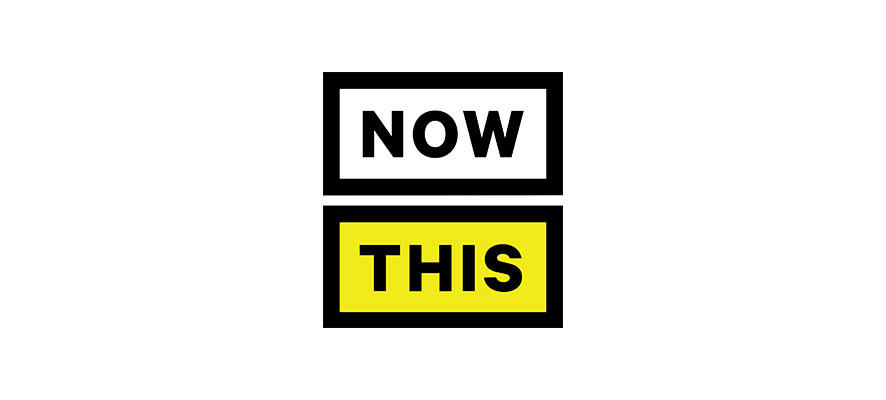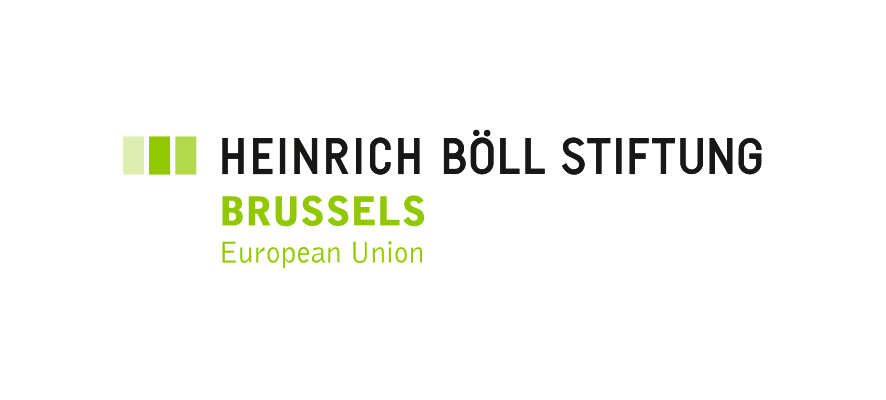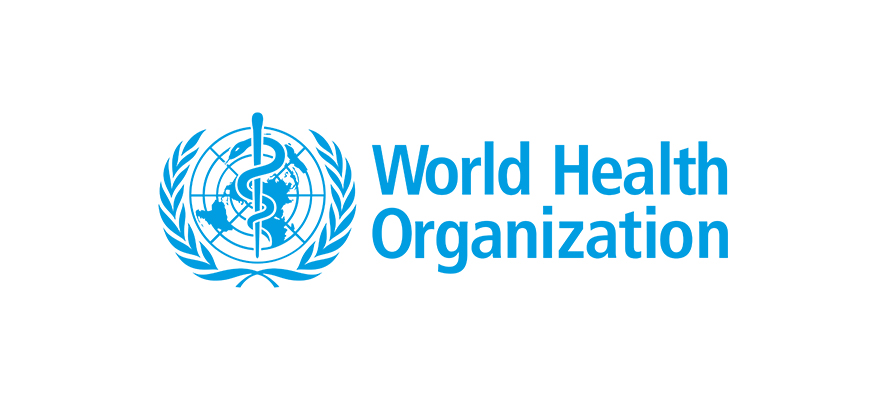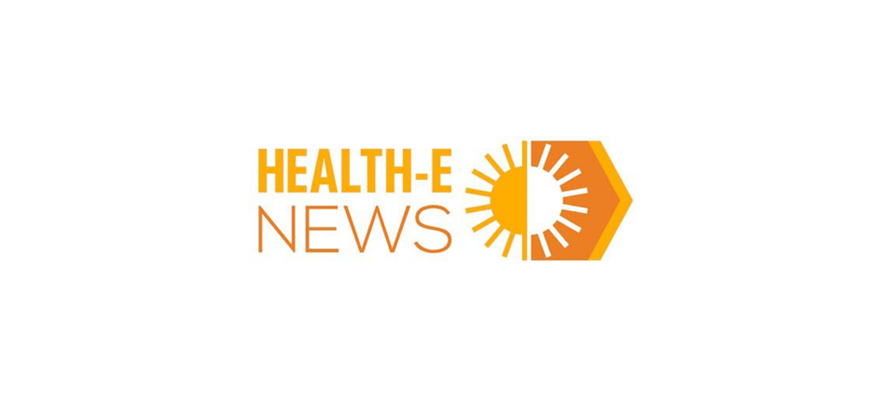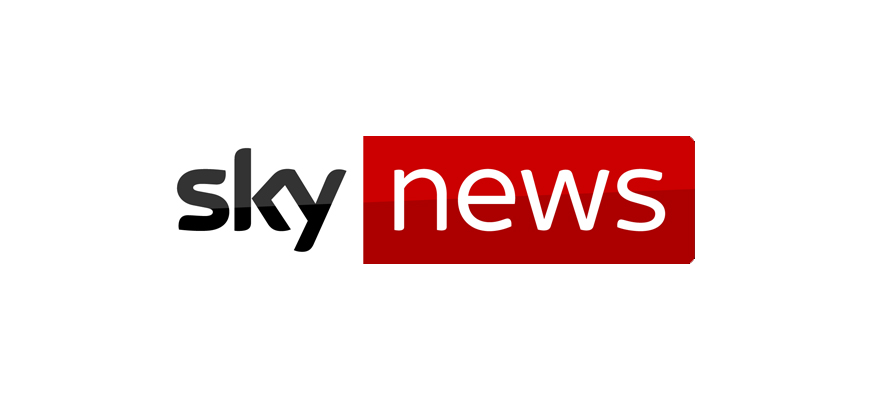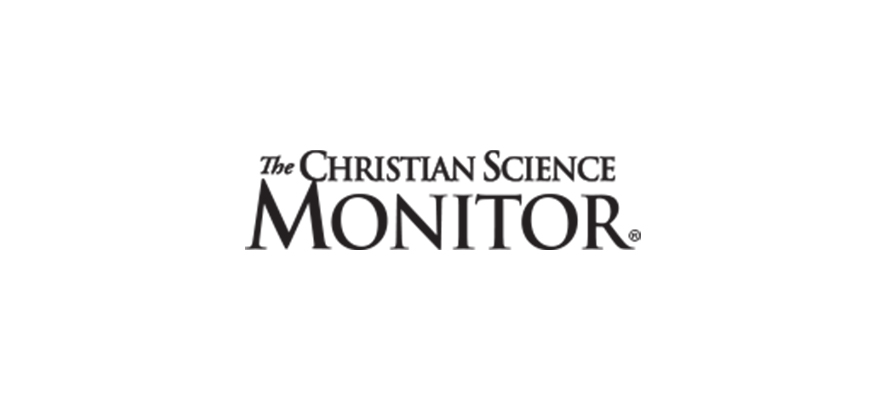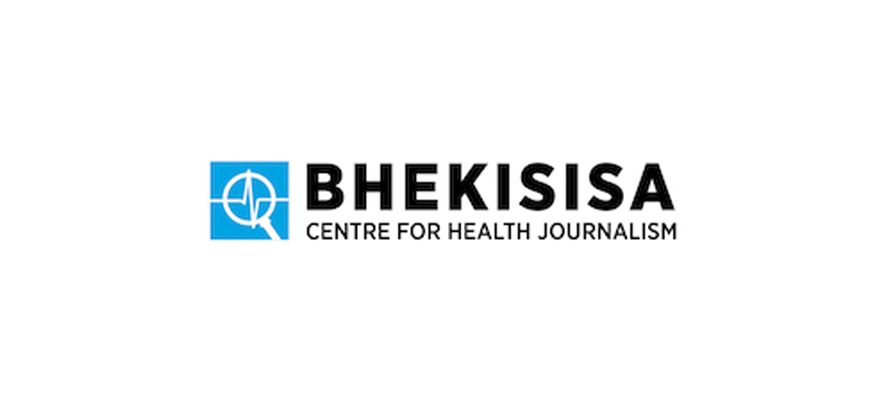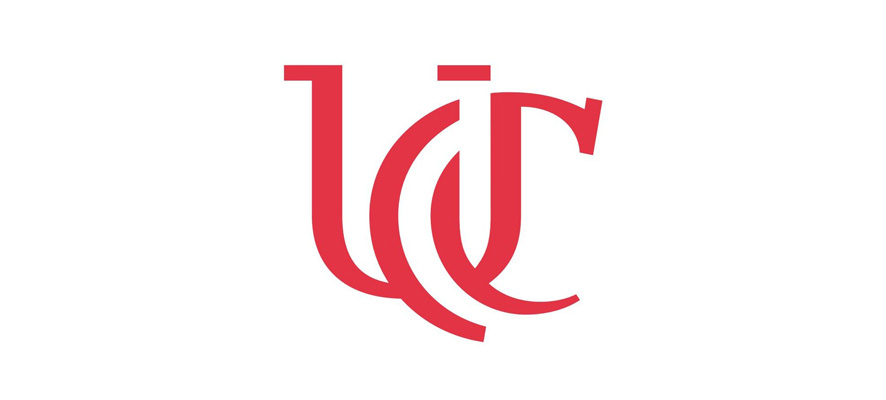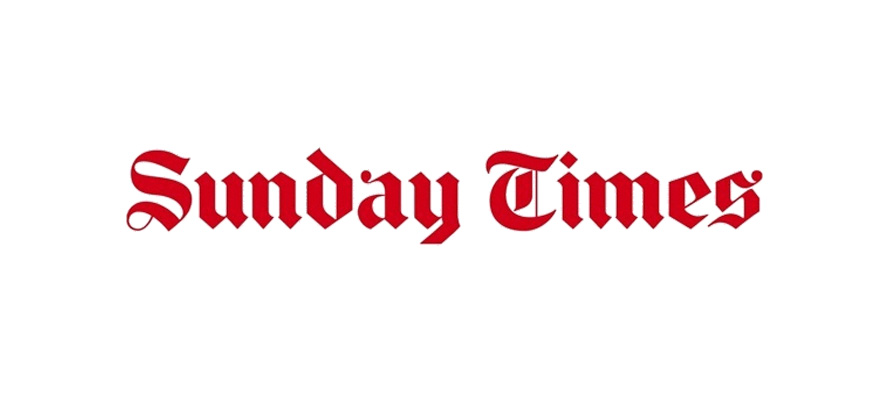Landmark Ruling: High Court rules government must reveal ‘secret’ Covid-19 vaccine procurement contracts
17 August 2023
Tian Johnson, Founder of African Alliance, was quoted in an article titled: Landmark Ruling: High Court rules government must reveal ‘secret’ Covid-19 vaccine procurement contracts: said: “The core of this judgment affirms our rights as Africans to not only hold those who claim the title of “leader” accountable but also reminds us that the urgent work of pandemic prevention, preparedness, and response can only happen with openness, transparency, and a willful and conscious effort to recognise civil society as critical accountability partners. The work to realise our dignity as Africans will only be complete when transparency and openness are our defaults. The work of the HJI in this regard has shifted the needle closer to the health justice that is our birthright.”
Driving change through communication
5 July 2023
Malawian activist and communicator enabling journalists to tell stories that improve lives.
By Aarti Bhana
When Patricia Mtungila started as a reporter over ten years ago, she needed to learn more about where she would be going or what kind of journalism, she was interested in. She started reporting on governance, elections, and women’s and girls’ rights in Mzuzu, Malawi, until she saw a bigger purpose for herself.
Now, Mtungila is an activist, development communicator and the founder of Purple Innovation for Women and Girls. This organisation trains and empowers women and girls with skills and knowledge to spearhead the fight against gender-based violence and poverty in Malawi, among other interventions. The organisation is helping women and girls create solutions themselves and for themselves.
How Western countries could stop Africa making vaccines of the future
14 October 2022
Barrack Owino, Partnerships, Advocacy,and Communications Lead at the African Alliance talks about how lowinvestments in Africa’s health systems have led to health inequalities andinjustices.While Western donors have stumpedup significant funding for aprogramto make Covid-19 vaccines in Africa, activists say more support is needed to helppoor countries secure the intellectual property rights they need to produce mRNA vaccines beyond the pandemic.
Gendered disinformation on monkeypox: “If we keep pushing it as a gay disease, people will die”
26 August 2022
In late July, the World Health Organization (WHO) declared monkeypox a “public health emergency of international concern”. Just a few weeks later, cases are surging worldwide. As of 26 August, there have been 46,562 confirmed cases of monkeypox reported worldwide. As health and other establishments scramble to contain this new disease outbreak, their problems are compounded by a particularly contemporary ailment – gendered disinformation.
The Bhekisisa Team: Why is the Aids conference still held in the Global North?
8 August 2022
The world’s largest Aids gathering, the International Aids Society’s bi-annual International Aids conference, should never be held in Europe or the United States again, says Ayoade Alakija, co-chair of the African Union’s African Vaccine Delivery Alliance, an organization set up during the Covid-19 pandemic that works towards the equitable delivery of immunizations.
IAS President ‘very upset’ over AIDS 2022 visa denials
22 July 2022
The AIDS conference has always been about inclusivity and participation from communities most affected, so to have many people denied from coming based on where they are coming from is naturally upsetting to me and an incredible loss to AIDS 2022.
Ottawa fast-tracking travel visas for AIDS conference amid sharp criticism
12 July 2022
Tian Johnson, Strategist at African Alliance slams Canada for bidding to host the conference and spending millions of dollars on it without making sure all attendees would be given a visa to attend.
Q&A: Africa’s Fight for Vaccine Equity
23 March 2022
Tian Johnson, founder of the African Alliance, a global nonprofit based in South Africa working on health rights issues, shared reflections on how to make progress in the push for vaccine equity as the world enters the third year of the pandemic—and what African civil society organizations are asking for now.
For the 36 countries with the lowest vaccination rates, supply isn’t the only issue
14 January 2022
Maaza Seyoum, African Alliance Lead Communications and PVA Africa Coordinator featured in a piece on the US National Public Radio (NPR). She highlights that many factors play in to the low vaccination rates in many countries on the continent but the biggest issue is simply that African nations have struggled to get doses.
Rich countries have received more vaccines in run-up to Christmas than African countries have all year
24 December 2021
Maaza Seyoum, African Alliance Lead Communications and PVA Africa Coordinator was quoted in an PVA Global press release. Maaza said,: “Leaders in the global north have so far chosen the obscene profits of pharmaceutical companies over the lives of people in Africa. But the Omicron variant shows that vaccine inequality is a threat to everyone, everywhere. Boris Johnson, Olaf Scholz, and European leaders need to finally support an intellectual property waiver and let Africa and the global south unlock its capacity to manufacture and distribute vaccines. Otherwise, humanity will never beat the race against the next variant.”
Global Online Rally : WTO – Don’t trade with our lives
23 November 2021
Maaza Seyoum, African Alliance Lead Communications and PVA Africa Coordinator was invited to speak at an online rally led by the International Network for Economic, Social and Cultural Rights (ESCR-Net) and co-sponsored by the PVA. The rally, which was scheduled to take place one week before the World Trade Organization (WTO) Ministerial Conference was titled Don’t Trade With Our Lives. Maaza Seyoum was the final speaker at the rally, pointing out the greed and injustice at play in the current state of vaccine apartheid and laying out some key advocacy asks.
Demand grows for firms to share vaccine recipes and technology as billionaire pharma bosses convene for ‘Big Pharma Davos’
16 November 2021
Maaza Seyoum, African Alliance Lead Communications and PVA Africa Coordinator was quoted in a PVA / Oxfam press release. Maaza said: “It is obscene that just a few companies are making millions of dollars in profit every single hour, while just two percent of people in low-income countries have been fully vaccinated against coronavirus.
“Pfizer, BioNTech and Moderna have used their monopolies to prioritize the most profitable contracts with the richest governments, leaving low-income countries out in the cold.”
Realizing Universal Access to Covid-19 Vaccines in Africa
11 November 2021
At the invitation of fellow PVA member Amnesty International, Maaza Seyoum, African Alliance Lead Communications and PVA Africa Coordinator served as a panellist at a session titled Realizing Universal Access to Covid-19 Vaccines in Africa at the Forum on the Participation of NGOs in the 69th Ordinary Session of the African Commission on Human and People’s Rights. She provided an update on the current COVID-19 vaccine rollout situation, the underpinnings of vaccine inequity, and the key advocacy asks of the People’s Vaccine Alliance. The outcome of the NGO Forum mentions some of the key advocacy asks.
Campaigners petition UN to investigate racial and gender discrimination in global COVID-19 vaccine roll-out
10 November 2021
Tian Johnson, Founder of African Alliance was quoted in a Movement Law Lab press release titled Campaigners petition UN to investigate racial and gender discrimination in global COVID-19 vaccine roll-out: said: “As a consequence of neocolonial economic and social policies in Africa, fragile health systems impact communities’ access to health services in much of the continent. Africa will become known as the continent of COVID-19 – not because of vaccine hesitancy but because of the inequity, greed, and inaction of pharmaceutical companies and political leaders of the North. Having to rely only on the continent’s own capacity and resources will not be enough to save African lives. Nor should it be. African lives matter, just as much as lives in Berlin, Washington, Tel Aviv, Geneva, London, Toronto or Brussels. COVID-19 is a global crisis that requires global action, whose response all countries should be able to share equally.”
Global Social Business Summit
8 November 2021
At the invitation of fellow PVA member, the Yunus Centre, Maaza Seyoum served as a panelist at a session titled Healthcare in Post Pandemic Situation, which was part of the Global Social Business Summit. She discussed vaccine inequity, and why it is critical that vaccines be a public good.
Pharmaceutical Companies and Rich Nations Delivering Just One in Seven of the Doses Promised for Developing Countries
20 October 2021
Maaza Seyoum, African Alliance Lead Communications and PVA Africa Coordinator was quoted in a PVA / Oxfam press release. “Across the world health workers are dying and children are losing parents and grandparents. With ninety-nine percent of people in low-income countries still not vaccinated, we have had enough of these too little too late gestures,” said Maaza Seyoum, of the African Alliance and People’s Vaccine Alliance Africa. “Governments must stop allowing pharmaceutical companies to play god while raking in astronomical profits and start delivering actual action that will save lives.”
Day two of 3rd GIMAC’s Strategic Engagement with AU, RECs and Partners on the AU Theme of the Year
11 and 12 October 2021
The Gender Is My Agenda Campaign (GIMAC) Network convened its 3rd Strategic Engagement with the African Union, Regional Economic Communities (RECs) and Partners. The engagement provided the opportunity to consolidate a common position on the effectiveness and efficiency of the RECs, AU and Member States in mainstreaming gender equality. At the invitation of fellow PVA member, Action Aid, Maaza Seyoum, African Alliance Lead Communications and PVA Africa Coordinator was invited to serve as a panellist for the session titled Towards Gender Equality in Health in Africa. She presented on equitable access to COVID-19 vaccines and addressed questions of gender inequity in vaccine rollout.
Vaccine Equity: Advocates Fight for Global South
8 October 2021
Tian Johnson, Founder and Lead of African Alliance Founder appeared in a Now This video (along with other activists from across the Global South) decrying vaccine apartheid.
Why won’t Germany support a COVID-19 vaccine waiver? Anna Cavazzini answers this and more ahead of the EU-AU summit
16 February 2022
Four civil society representatives ask MEP Anna Cavazzini (Greens/EFA) about the Covid-19 vaccine patent waiver, as the wane of some countries’ Omicron winters poses a new threat to global vaccine equity.
Tian Johnson’s question reads as following : What reasons have your EU colleagues given you for their rejection of the call by the European Parliament to support the waiver?
WHO officials met with CSO’s leadership
12 February 2022
On 12 February, civil society leadership met the WHO Director and Dr Soumya Swaminathan to discuss a range of issues relating to COVID-19.
One of the issues discussed was WHO’s prequalification of self-testing, read that letter here.
Activists call for revolution in ‘dated and colonial’ aid funding
1st of December 2021
In a call to action, Aspen Institute’s New Voices Fellowship want donors to offer flexible, long-term funding for sexual and reproductive health and rights and ensure leaders, those allocating grantsand programme teams reflect the communities and groups they seek to support. They also want the “tiresome barriers and bureaucratic loops and hoops” involved in applying for funds to be removed.
Community media left behind in the fight against the COVID-19 infodemic
31st of March 2020
Reporting on COVID-19 presents significant hurdles for community media who could be a key resource in fighting mis- and disinformation, argues advocacy group the African Alliance.
The COVID-19 pandemic has become our everyday story—statistics on deaths, new infections, and vaccine developments have become daily and weekly headlines. The virus has caused social anxieties that keep the public glued to any form of media for more information. Depending on where one lives, news media is the first place to find the latest COVID-19 developments. For many South Africans who live in rural areas and townships — and outside of the large urban cities in general — community media is their first, and sometimes the only, source to that information.
Why can’t the distribution of vaccines just be fair
22nd of March 2020
As the Alliance’s lead on research, Wilfred oversees the conceptualization, design, sector ownership, implementation, and reporting of all research-related actives, partnerships, and engagements. He thinks about study design, strategic research partnerships, the design, and development of data collection instruments, how results are reported on, published, and presented, and ultimately how results are translated to inform decision making and resource allocation.
Wilfred was hosted by Sky News , to speak about fair access to COVID-19 vaccines. He also highlighted the massive imbalance between rich countries and developing nations over the availability of vaccines.
Behind vaccine doubts in Africa, a deeper legacy of distrust
4th of March 2020
Vaccine hesitancy in Africa is often rooted in distrust, shaped by a long history of inequality. An effective pandemic response includes addressing those doubts. Some concerns about vaccine safety stem from its quick development, spooked further by unverified claims of deaths following immunization in Europe. Tian was quoted in this article as having said, “We find that information needs to come from trusted and local sources, like community leaders,”.
Vaccine misinformation: What to do when it’s coming from leaders
1st of March 2020
What is the best way to fight misinformation about COVID vaccines (of which there has been plenty in South Africa) spread by leaders? Attacking them directly by correcting their myths or skepticism with scientific information, is simply not the answer, research shows. Rather, we should focus on the people they’re trying to reach and expose the techniques influential people use to distribute the wrong information.
Additional links to the above article:
https://mg.co.za/health/2021-03-01-what-to-do-about-leaders-spouting-vaccine-misinformation/
COVID-19 Conversations Podcast: Participation in a vaccine trial
17th December 2020
The African Alliance spoke to three COVID-19 vaccine trial participants about their experience in the trials, their hopes and fears, and what they want their fellow global citizens to know about the research process. One of the guests on the Podcast was Brett Kissela, MD, senior associate Dean for clinical research at the UC College of Medicine and chief of research services at UC Health.
His insights also highlighted differences and similarities across South Africa and the United States in the fight against the COVID-19 pandemic. You can listen to the podcast here.
SA’s vaccine hesitancy could undermine the millions invested, says experts
16th December 2020
NOTE: Affiliation of Tian Johnson listed by AfroCentric is incorrect: Tian Johnson is the founder and lead of the African Alliance (www.africanalliance.org.za) and a founding member of the Vaccine Advocacy Resource Group (www.thevarg.org)
The African Alliances Tian Johnson speaks about how vaccine hesitancy has the potential to undermine all the efforts that have gone into vaccine development, and the way forward will be finding the right people with direct influence in different communities.
Read Full Article
The public will buy into the vaccine programme if there is transparency in how the science is communicated, says Tian Johnson.
Vaccine hesitancy has the potential to undermine all the efforts that have gone into vaccine development, and the way forward will be finding the right people with direct influence in different communities.
So said Tian Johnson, speaking on behalf of the Vaccine Advocacy Coalition, at a webinar organised by the AfroCentric Group, a health-care investment company.
He said we can “invest millions in the right cold chain, and have all our science and infrastructure right, but if communities aren’t excited or are fearful of buying into it, it jeopardises all the work done so far”.
The best way to build trust and integrity is through transparency.
Most importantly, messaging has to be done in ways that are suitable to the cultural context, while “the best way to build trust and integrity is through transparency.”
Johnson said a positive move in the Covid-19 context, compared to research done for HIV, was that “there had been a huge opening up of science not seen before.”
Research has always been “traditionally very white and closed and exclusive in this country, but with Covid-19, we have seen scientists really opening up about their work”.
However, that alone won’t be enough: it doesn’t help to just “give out info”, he said. “Evidence shows that dishing out information does not counter hesitancy — a lot rests on the messenger and their potential to influence those around them.”
It is also important that the government doesn’t “engage directly with anti-vaxxers”, he said, as all this does is amplify anti-vaxxer power and give it a larger platform.
Also speaking at the webinar was Prof Greg Hussey, director of Vaccines for Africa at the University of Cape Town.
He agreed “the biggest conundrum” is whether people “will accept the vaccines or not”.
“A poll done a month ago in 27 countries found that 74% of people said they would accept a vaccine, but in SA it was only 64%. That means 36% would refuse, and reasons included worrying about the side effects or believing the vaccine was not going to be effective. Others were simply against vaccines in general, and still others said they were not at risk of contracting Covid-19 and thus did not need a vaccine,” he said.
Safety and efficacy undergo rigorous analysis at the trial stage, and despite the speed at which vaccines have been developed, this has not been compromised.
However, said Hussey, there are certain unknowns that require more time before a definitive answer is found: “What we do not yet know about these vaccines is how long the immunity conferred can last after someone’s been vaccinated. Also, while we know that they have reduced Covid-19 disease and severity, we don’t yet know if they [the vaccines] can stop community transmission. The most hopeful in this case is the Oxford-AstraZeneca vaccine.”
He said data from the Cape metro in the Western Cape and Mombasa in Kenya suggested 40% of adults had antibodies by now, which would suggest that they’re protected, “but we don’t know for a fact”.
If they were, then theoretically only 60% of the population would need to get shots, but that is now how immunisation programmes work.
With the exception of Dengue Fever in certain contexts, “there is no vaccine programme in the world that first checks who has antibodies before vaccinating”.
The department of health’s Dr Anban Pillay said perhaps some people had shied away from the vaccines that used mRNA (messenger RNA) technology as it had been described as “new”.
Both the Pfizer-BioNTech and the Moderna Covid-19 vaccines use mRNA technology.
This means that genetic material called messenger RNA is introduced into the body and instructs human cells how to make coronavirus spike proteins.
These vaccines, using lipid nanoparticles, deliver the mRNA into muscle cells, and from there, the muscle cells make a spike protein which then readies the immune system to guard against infection.
This differs from more traditional vaccines which introduced a non-harmful version of a pathogen into the body so that the immune system could mount a response.
In Pillay’s words, “with mRNA, a viral genetic code is introduced into a cell and consequently stimulates the immune system”.
But, he says to those who fear this “new technology”, it is not in fact new.
“It is not an entirely new concept in medical science but it is the first time it is being used in vaccines. We should really not be overly alarmed that it’s ‘new’.”
SA’s vaccine hesitancy could undermine the millions invested, says experts
16th December 2020
NOTE: Affiliation of Tian Johnson listed by AfroCentric is incorrect: Tian Johnson is the founder and lead of the African Alliance (www.africanalliance.org.za) and a founding member of the Vaccine Advocacy Resource Group (www.thevarg.org)
The African Alliances Tian Johnson speaks about how vaccine hesitancy has the potential to undermine all the efforts that have gone into vaccine development, and the way forward will be finding the right people with direct influence in different communities.
Read Full Article
The public will buy into the vaccine programme if there is transparency in how the science is communicated, says Tian Johnson.
Vaccine hesitancy has the potential to undermine all the efforts that have gone into vaccine development, and the way forward will be finding the right people with direct influence in different communities.
So said Tian Johnson, speaking on behalf of the Vaccine Advocacy Coalition, at a webinar organised by the AfroCentric Group, a health-care investment company.
He said we can “invest millions in the right cold chain, and have all our science and infrastructure right, but if communities aren’t excited or are fearful of buying into it, it jeopardises all the work done so far”.
The best way to build trust and integrity is through transparency.
Most importantly, messaging has to be done in ways that are suitable to the cultural context, while “the best way to build trust and integrity is through transparency.”
Johnson said a positive move in the Covid-19 context, compared to research done for HIV, was that “there had been a huge opening up of science not seen before.”
Research has always been “traditionally very white and closed and exclusive in this country, but with Covid-19, we have seen scientists really opening up about their work”.
However, that alone won’t be enough: it doesn’t help to just “give out info”, he said. “Evidence shows that dishing out information does not counter hesitancy — a lot rests on the messenger and their potential to influence those around them.”
It is also important that the government doesn’t “engage directly with anti-vaxxers”, he said, as all this does is amplify anti-vaxxer power and give it a larger platform.
Also speaking at the webinar was Prof Greg Hussey, director of Vaccines for Africa at the University of Cape Town.
He agreed “the biggest conundrum” is whether people “will accept the vaccines or not”.
“A poll done a month ago in 27 countries found that 74% of people said they would accept a vaccine, but in SA it was only 64%. That means 36% would refuse, and reasons included worrying about the side effects or believing the vaccine was not going to be effective. Others were simply against vaccines in general, and still others said they were not at risk of contracting Covid-19 and thus did not need a vaccine,” he said.
Safety and efficacy undergo rigorous analysis at the trial stage, and despite the speed at which vaccines have been developed, this has not been compromised.
However, said Hussey, there are certain unknowns that require more time before a definitive answer is found: “What we do not yet know about these vaccines is how long the immunity conferred can last after someone’s been vaccinated. Also, while we know that they have reduced Covid-19 disease and severity, we don’t yet know if they [the vaccines] can stop community transmission. The most hopeful in this case is the Oxford-AstraZeneca vaccine.”
He said data from the Cape metro in the Western Cape and Mombasa in Kenya suggested 40% of adults had antibodies by now, which would suggest that they’re protected, “but we don’t know for a fact”.
If they were, then theoretically only 60% of the population would need to get shots, but that is now how immunisation programmes work.
With the exception of Dengue Fever in certain contexts, “there is no vaccine programme in the world that first checks who has antibodies before vaccinating”.
The department of health’s Dr Anban Pillay said perhaps some people had shied away from the vaccines that used mRNA (messenger RNA) technology as it had been described as “new”.
Both the Pfizer-BioNTech and the Moderna Covid-19 vaccines use mRNA technology.
This means that genetic material called messenger RNA is introduced into the body and instructs human cells how to make coronavirus spike proteins.
These vaccines, using lipid nanoparticles, deliver the mRNA into muscle cells, and from there, the muscle cells make a spike protein which then readies the immune system to guard against infection.
This differs from more traditional vaccines which introduced a non-harmful version of a pathogen into the body so that the immune system could mount a response.
In Pillay’s words, “with mRNA, a viral genetic code is introduced into a cell and consequently stimulates the immune system”.
But, he says to those who fear this “new technology”, it is not in fact new.
“It is not an entirely new concept in medical science but it is the first time it is being used in vaccines. We should really not be overly alarmed that it’s ‘new’.”


